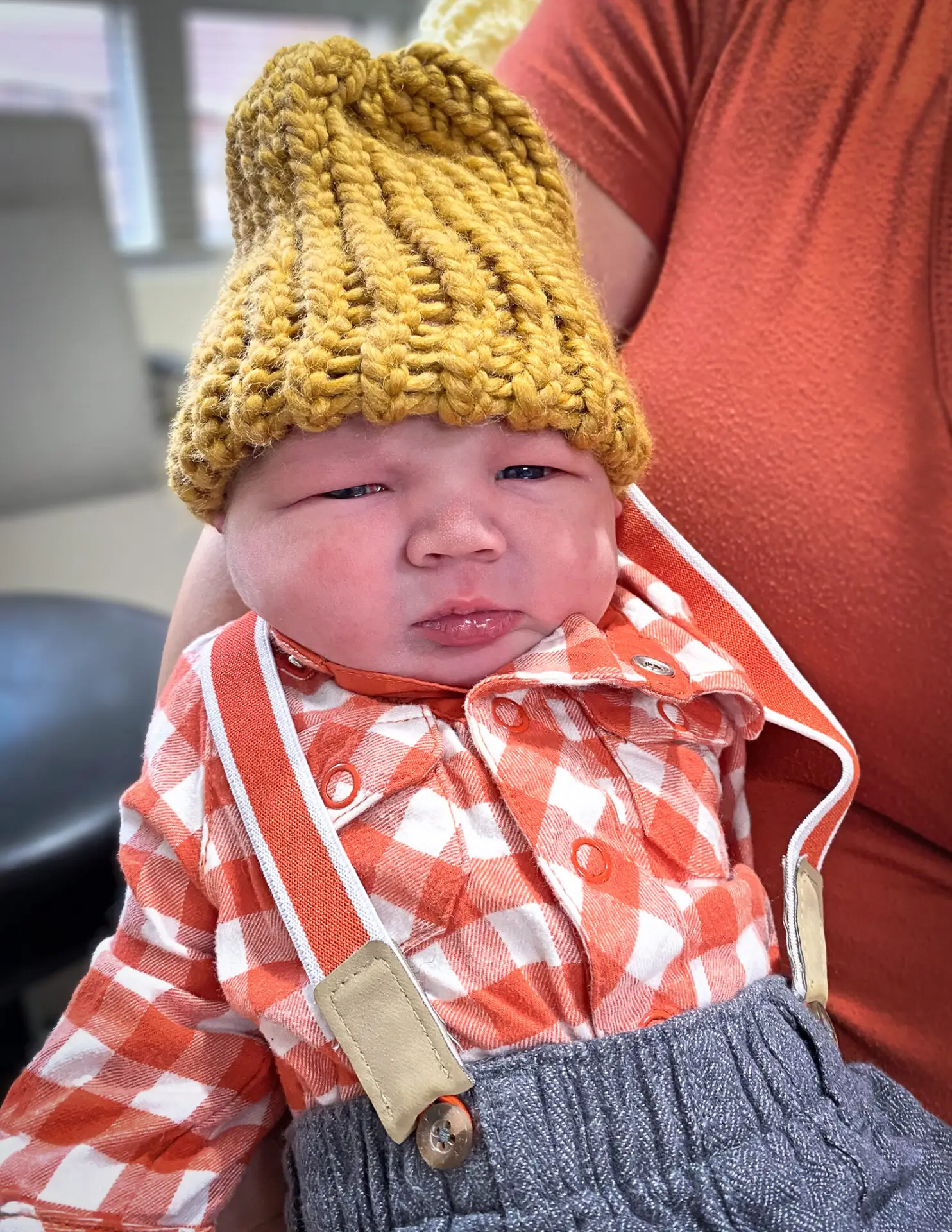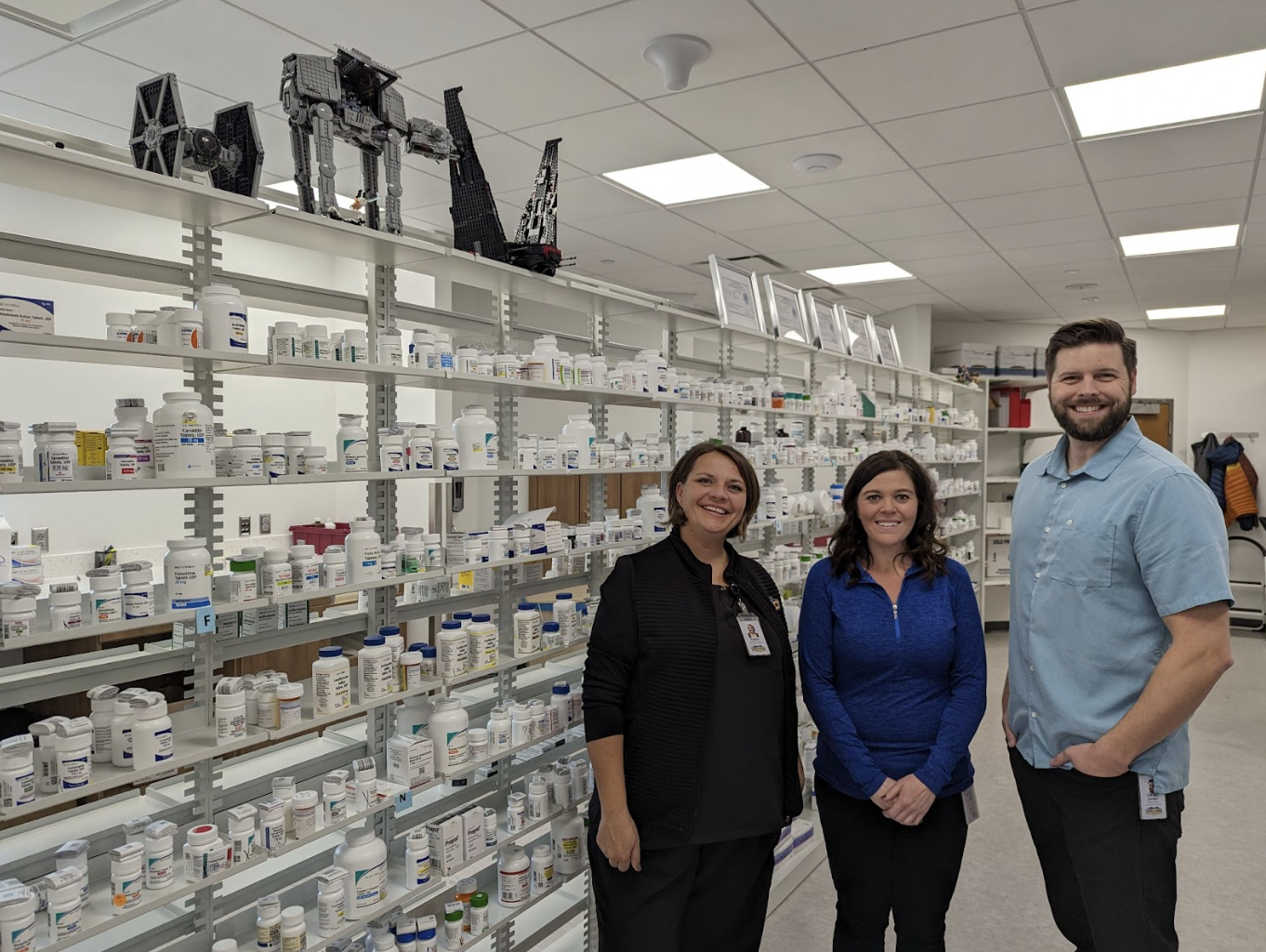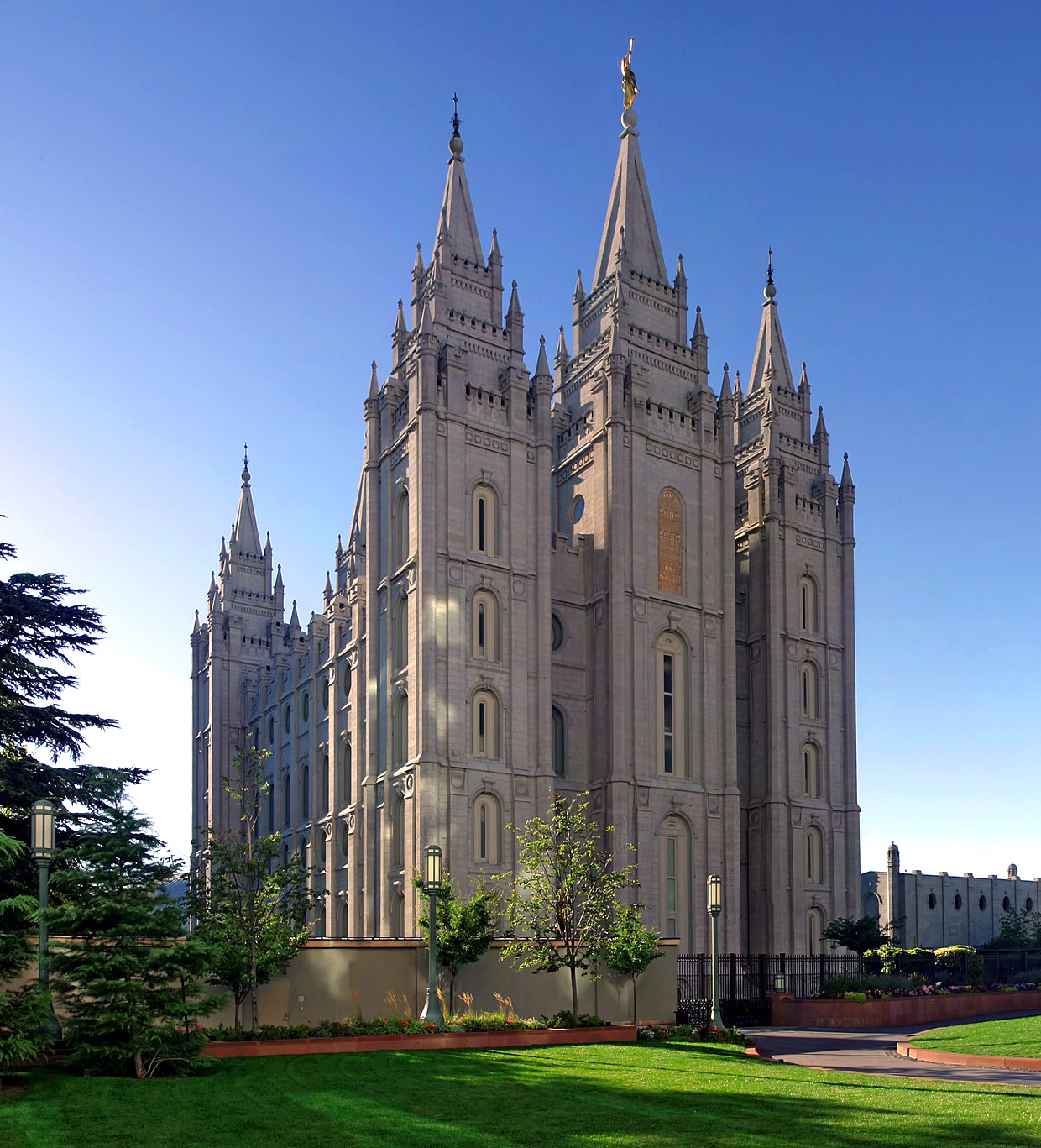An emergency alert buzzed many Utahns’ cellular phones on Sunday night (Nov. 8) with a message from Utah Governor Gary Herbert: “Hospitalizations and case growth due to COVID-19 are unsustainable,” it read. “Tune into local TV stations around 9:30 p.m. I will address the state to announce a new state of emergency, statewide mask mandate, restrictions on social gatherings and expanded testing.”
In his address, Herbert said he was issuing an executive order declaring a two-week state of emergency, prompted by rising case counts and an increasingly overwhelmed healthcare system.
“Our hospitals are full,” he said, explaining this creates difficulty in caring for all patients, not just those with COVID-19.
Under the executive order, everyone in the state of Utah must wear a mask in public indoor areas and when 6 feet of spacing from non-household members cannot be maintained. Grand County has already had this requirement since a public health order in August.
The order also mandates that all businesses require employees to wear masks and promote mask-wearing to patrons and post signage to that effect.
And, for the next two weeks, casual social gatherings are only permitted by persons who live in the same household. This has led many K-12 activities to be put on hold, though schools remain open for in-person learning.
Herbert said this restriction on casual social gatherings is due to the transmission that health officials say is taking place in these informal settings. He said most people are exercising caution in public, and that is paying off with minimal transmission rates in those settings– and urged everyone to be just as cautious when socializing informally with those who are not household members.
Workplaces are mostly not affected outside the requirement to wear masks and observe 6 feet of physical distancing – though bars and restaurants must stop the sale of alcohol after 10 p.m. Faith-based organizations are not affected by the order but are “strongly encouraged to adopt protocols to mitigate the spread of COVID-19.”
State epidemiologist Angela Dunn said in a press conference on Monday, Nov. 9 that the two-week order will lead to a decrease in cases – but only if individuals comply.
While the state of emergency is set to end on Monday, Nov. 23, the mask mandate will continue indefinitely.
“Masks do not negatively affect our economy, and wearing them is the easiest way to slow the spread of the virus,” Herbert said, emphasizing that this order was not a shutdown and that Utah remains open for business.
He said masks do not create health dangers, and likened the mask mandate to other laws created for public safety such as the use of seat belts and following traffic lights.
“We cannot afford to debate this issue any longer. Individual freedom is certainly important, and it is our rule of law that protects that freedom,” he said.
The order cites published scientific research showing that the probability of a person infected with COVID-19 spreading it to an uninfected person is 17.4% when a mask is not worn, versus a 3.1% probability when a mask is worn.
There are some exemptions to the mask mandate such as for those under the age of 3 or with medical conditions, mental health conditions or developmental disabilities that prevent the individual from wearing a mask.
Local Enforcement
On Nov. 10, the Southeast Utah Health Department, the City of Moab and Grand County issued a joint press release on enforcement of the mask mandate:
“Since August, SEUHD staff has invested significant time and resources into educating businesses and the public about the mask requirements – and most businesses and people have been happy to comply in an effort to keep their business open, healthy, and thriving,” the press release reads, adding, “There are, however, repeat offenders that are not in compliance with the mask mandate.”
The press release notes that, in addition to the mask requirement issued locally in August and the recent statewide requirement, the Utah Labor Commission has now also issued an Emergency Administrative Rule requiring all employees to wear face masks completely covering their mouth and nose while the employee is at work.
In the event of a public health order violation, the press release says, Utah law allows SEUHD, Grand County and the City of Moab to file complaints with the Utah Labor Commission. This could result in the closure of the business, a $10,000 fine for each day of violation, and criminal prosecution for class B or class A misdemeanor.
“SEUHD, Grand County and the City of Moab hereby provide notice that its enforcement authorities can and/or will file complaints with the Utah Labor Commission and issue criminal citations and/or civil penalties to individuals and businesses that are in violation,” the press release says, adding that a business incurring criminal or civil penalties could also have its business license denied or revoked.
The public can file complaints against violating businesses with the Utah Labor Commission’s Division of Occupational Safety and Health (UOSH). UOSH will review every complaint for validity and complaints will be processed within 45 days.
The online complaint portal is located at www.laborcommission.utah.gov/divisions/uosh/compliance.
Guidance for Businesses
The joint press release also notes that a private business can legally refuse service to anyone who poses a health concern to the business or customers or creates a hostile environment.
“This includes enforcing a mask mandate during a global pandemic where infection spreads via airborne particles,” it says.
The press release states that, while the Americans with Disabilities Act (ADA) requires businesses to provide reasonable accommodations to persons with disabilities, “‘reasonable accommodation’ does not require you to create a health and safety risk for your employees or to put your staff or other customers at risk by allowing an unmasked customer into your business.”
“So long as application of the mask requirement is neutral, meaning the business requires everyone to wear the mask, a business has the absolute right to restrict or deny entry to individuals who cannot or refuse to wear a mask,” the press release says.
The press release suggests that businesses may post a sign on the door that states masks are required for entry and those unable to wear a mask due to a medical condition should request other accommodations.
More information may be found at www.coronavirus.utah.gov.
Those who show any symptoms of COVID-19 are encouraged to get tested at Moab Regional Hospital. To talk to a nurse about symptoms and schedule a test, call the Moab Regional Hospital COVID-19 hotline at 435-719-3998.
As hospital beds fill, state issues order to avert crisis
“Masks do not negatively affect our economy, and wearing them is the easiest way to slow the spread of the virus.”
– Governor Gary Herbert



